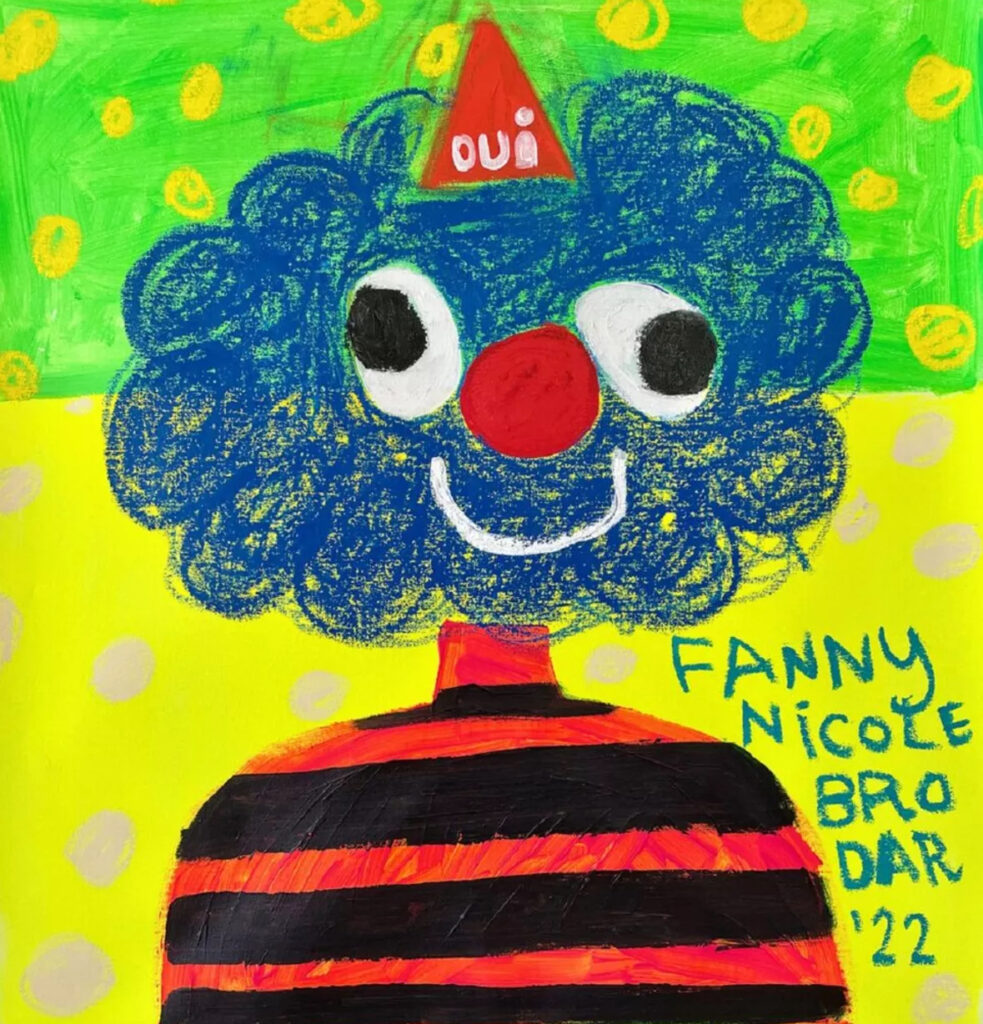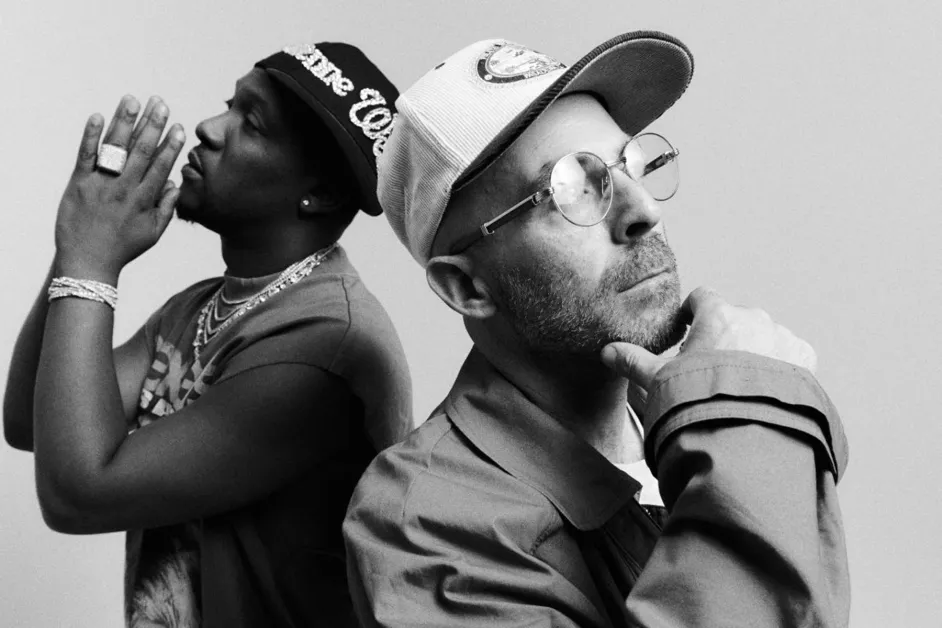Fanny Brodar’s Oui (2022) is a novel that defies easy categorization. It is a work that engages deeply with themes of identity, communication, and the complexities of affirmation and consent. With its unique narrative structure and stylistic experimentation, Oui invites readers into an introspective and often fragmented world where language plays both a liberating and confining role. This article explores the novel’s themes, narrative techniques, and broader literary significance.
The Premise and Structure of Oui
At its core, Oui is a meditation on the power of affirmation. The title itself, meaning “Yes” in French, sets the tone for a book that grapples with what it means to say “yes” in various contexts—personal, relational, societal, and even existential. Brodar structures the novel in a way that resists linear storytelling, opting instead for a series of vignettes, inner monologues, and dialogues that piece together the protagonist’s journey toward self-understanding.
The novel’s fragmented structure reflects the disjointed nature of thought and communication, making the reader an active participant in assembling the full picture. It is a stylistic choice that mirrors the protagonist’s struggle with articulating their own identity and navigating the expectations placed upon them.
Themes and Interpretations
The Power and Burden of Affirmation
One of the central themes of Oui is the complexity of affirmation. While saying “yes” is often associated with agreement and willingness, Brodar explores how it can also be an act of submission, compromise, or even resignation. The protagonist grapples with the weight of affirmation in personal relationships, career decisions, and social interactions, questioning whether their affirmations are genuinely reflective of their desires or merely conditioned responses.
Through this exploration, the novel touches on issues of autonomy and agency. It challenges the reader to consider the implications of saying “yes” when societal norms and personal hesitations are at play.
Language as a Double-Edged Sword
Brodar’s prose is highly aware of the limitations and possibilities of language. Words can bridge connections but also create barriers. The protagonist experiences moments where language fails them—where words feel inadequate or misleading. The novel plays with repetition, silence, and ambiguity to underscore the tension between what is said, what is meant, and what remains unspoken.
This theme extends beyond personal struggles to larger societal dynamics, including how institutions, cultural norms, and power structures dictate the ways in which individuals express themselves.
Identity and Self-Definition
Oui is also a novel about self-definition. The protagonist wrestles with external expectations and internal uncertainties, questioning who they are in the face of shifting relationships and environments. Brodar does not offer easy answers, instead presenting identity as fluid, negotiable, and sometimes elusive.
The novel’s exploration of identity is deeply personal but also widely relatable, reflecting the universal challenge of balancing authenticity with social belonging.
Silence and Resistance
In contrast to the book’s title, silence plays a crucial role in Oui. The novel suggests that refusal and non-affirmation can be just as powerful as agreement. Through moments of intentional silence or withheld responses, the protagonist navigates resistance in subtle and profound ways.
This interplay between affirmation and refusal highlights the complexity of personal agency. It challenges the reader to reconsider the nuances of choice and communication.
Brodar’s Narrative Style and Experimentation
Brodar employs a highly stylized approach to storytelling in Oui. The novel is marked by:
• Nonlinear Structure: Events and thoughts unfold in an associative manner rather than chronological order.
• Minimalist Dialogue: Conversations are often stripped down to their essentials, allowing subtext and implication to take center stage.
• Lyrical Prose: The writing oscillates between poetic introspection and stark realism, reflecting the protagonist’s fluctuating inner world.
• Unconventional Formatting: Brodar plays with spacing, punctuation, and repetition, reinforcing the novel’s themes of fragmentation and reinterpretation.
This experimental style may challenge some readers but ultimately serves to immerse them in the protagonist’s psychological landscape. It forces an engagement with the text that mirrors the protagonist’s own engagement with their reality.
Literary and Cultural Context
Oui fits within a broader tradition of introspective and formally inventive literature. Its themes and stylistic choices draw comparisons to authors such as Marguerite Duras and Samuel Beckett, who also explored the limits of language and the fragmentation of selfhood.
Brodar’s work also resonates with contemporary discussions on consent, agency, and the performative nature of affirmation. In an era where “yes” is often scrutinized in legal, social, and philosophical contexts, Oui serves as a literary reflection on these issues.
Reception and Impression
Since its release in 2022, Oui has received a mix of praise and intrigue from critics and readers. Some admire its bold narrative structure and philosophical depth, while others find its ambiguity and nontraditional storytelling challenging.
Regardless of individual interpretations, the novel has sparked discussions about the role of affirmation in our lives and the ways in which language shapes personal and collective identities. Its experimental nature ensures that it remains a book that invites multiple readings and interpretations.
Fanny Brodar’s Oui is a thought-provoking and stylistically daring novel that interrogates the power of affirmation, the fluidity of identity, and the limitations of language. Through its fragmented narrative and introspective depth, it challenges readers to reconsider what it means to say “yes” and how that simple word can carry an entire world of meaning.
As literature continues to evolve in response to contemporary questions about autonomy, communication, and selfhood, Oui stands as a compelling exploration of these themes.
No comments yet.








